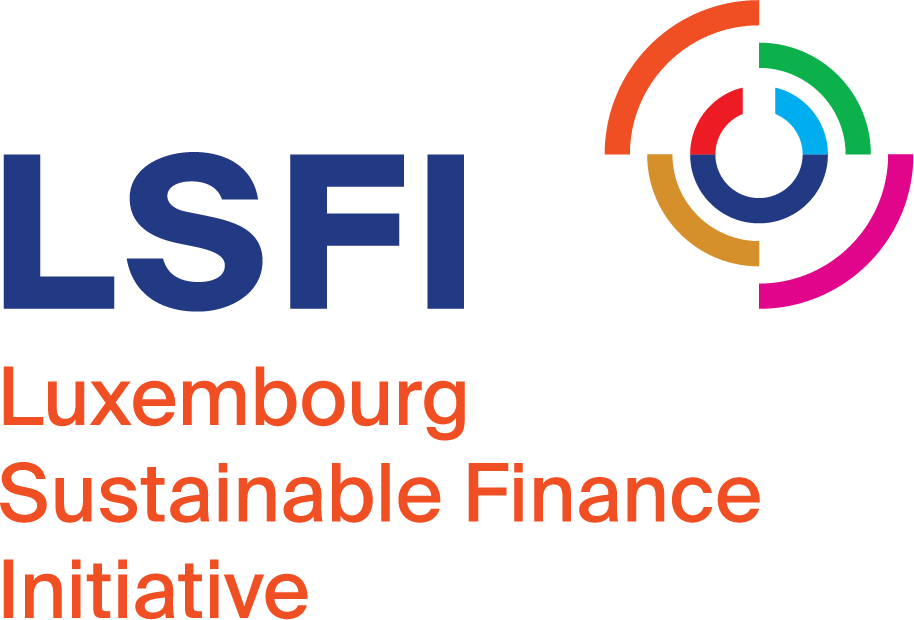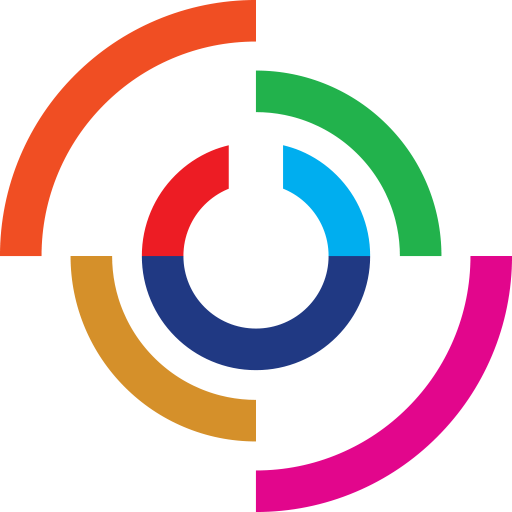Plateformes de données pour vous aider à naviguer dans votre démarche de finance durable.
Centre de ressources – Plateformes de données
Explorez les principales plateformes de données qui fournissent des ensembles de données ouverts, harmonisés et comparables, basés sur des approches scientifiques. L’image ci-dessous donne un aperçu de ces plateformes, expliquant ce qu’elles sont, ainsi que quand et pourquoi les utiliser. Dans le tableau, vous pouvez filtrer par type de plateforme, public cible, thèmes, et secteurs ou industries, ou effectuer une recherche directe avec des mots-clés.Pour une meilleure expérience, nous recommandons d’ouvrir cette page sur un ordinateur portable et de la visualiser en mode plein écran.
Trouver une plateforme de données
| wdt_ID | Name | Description | Tool types | Targets | Themes | Industries/Sectors |
|---|---|---|---|---|---|---|
| 1 | ACT - Assessing Low Carbon Transition | Assess corporates’ climate strategy against the required low-carbon transition and associated sector-specific decarbonization trajectories. | Company Assessment, Target Setting | Financial Institutions, Companies | Target Setting, Transition | Agriculture, Aluminum, Automotive, Cement, Chemical, Consumer Goods, Cross-sectoral, Glass, Industrial, Oil & Gas, Paper, Real Estate, Steel, Transport, Utility |
| 2 | Adaptation, Biodiversity and Carbon Mapping Tool (ABC-Map) | Assess the environmental impact of National Policies and Plans (NDC, NAPs, etc) and investments in the agriculture, forestry and other land use (AFOLU) sector. | Maps, Scenario Analysis, Target Setting | Academia, Institutions, Companies | Adaptation, Biodiversity, Transition | Agriculture, Forestry |
| 3 | Aqueduct | Map water risks such as floods, droughts, and water stress, also linked to agriculture and food security. | Maps, Risk Assessment | Academia, Financial Institutions, Policy Makers, Companies | Water, Land Use | Agriculture, Cross-sectoral |
| 4 | Atlas data | Offer an all-in-one approach to data management and insights in financial inclusion. | Database | Asset Owners, Banks, Financial Institutions | Impact, Microfinance, Social | Cross-sectoral |
| 5 | B-Impact Assessment | Assess, manage, compare impact and improve a company's impact and benchmark against peers. Overall score and areas of improvements are provided. | Company Assessment | Asset Owners, Financial Institutions, Companies | Community, Environment, Governance, Impact, Social, Workforce | Cross-sectoral |
| 6 | Biodiversity Guidance Navigation tool | Guided natural capital self-assessment (biodiversity-inclusive), with interactive questions and supporting resources. Guide users through a biodiversity-inclusive natural capital assessment, following the steps outlined in the Natural Capital Protocol; Fr | Company Assessment | Financial Institutions, Companies | Biodiversity, Natural Capital | Cross-sectoral |
| 7 | WWF Biodiversity Risk Filter | Explore, map, assess, value and respond to biodiversity risks in companies' operations, supply chain and investments. | Maps, Risk Assessment | Academia, Policy Makers, Financial Institutions, Companies | Biodiversity, Climate, Deforestation, Land Use, Natural Capital, Risk, Water | Cross-sectoral |
| 8 | CA100+'s Net Zero Company Benchmark | Focus on companies that are key to driving the global net-zero emissions transition. Assess companies among the Climate Action 100+ focus on disclosure indicators, to clarify expectations and track progress. | Company Assessment | Financial Institutions, Companies | Reporting, Target Setting, Transition | Automotive, Aviation, Chemical, Cement, Coal, Consumer Goods, Cross-sectoral, Mining, Oil & Gas, Paper, Power Generation, Services, Shipping, Steel, Utility |
| 9 | Carbon Pricing Dashboard | Provide a map and key statistics on existing and emerging carbon pricing initiatives around the world. | Maps, Knowledge | Financial Institutions, Companies | Transition | Cross-sectorial |
| 10 | Carbon Tracker’s Company profiles | Provide in-depth analysis on the impact of the energy transition on capital markets and the potential investment in high-cost, carbon-intensive fossil fuels. | Company Assessment | Asset Owners, Financial Institutions | Climate, Risk, Transition | Coal, Energy, Oil & Gas |
Avertissement – Veuillez noter que la LSFI est une association à but non lucratif visant à soutenir le développement de la finance durable. Le contenu du site web de la LSFI a pour objectif de servir cette mission en fournissant des informations permettant à son audience de mieux comprendre et appréhender les concepts et acteurs de la finance durable. Ce travail ne prétend ni être exhaustif ni favoriser une organisation plutôt qu’une autre. Il ne doit en aucun cas être considéré comme un conseil financier ou juridique.


